T4K3.news
Police will share suspects ethnicity and nationality
New guidance aims to boost transparency while protecting ongoing trials and safety.
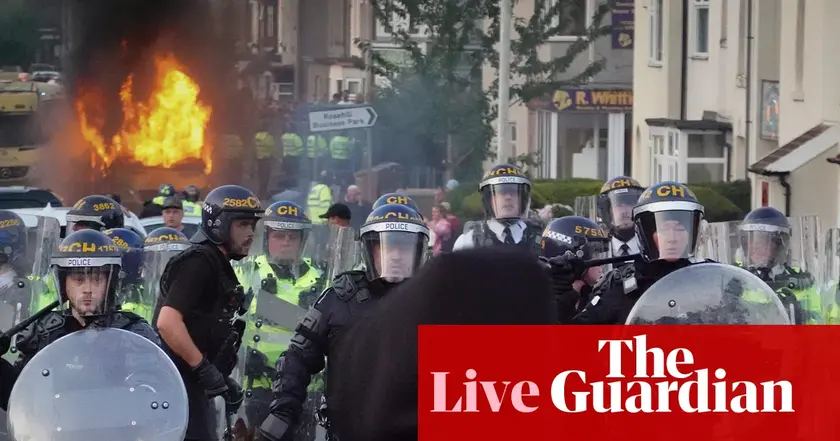
Editorial analysis on the new police guidance and the debate over transparency, safety, and civil liberties.
Police will share suspects ethnicity and nationality
Britain’s home secretary welcomed official guidance that directs police to share suspects’ ethnicity and nationality with the public, framing it as a move toward greater openness. The policy comes after accusations that information about offences linked to asylum seekers was being hidden and in the wake of riots fueled by social media disinformation. Officials say safeguards will limit what can be released to avoid prejudicing active criminal trials, with the Law Commission asked to report this autumn on how to balance openness with due process.
Separately, ministers describe live facial recognition as a measured tool to catch dangerous offenders, subject to safeguards and a clear legal framework. Critics warn the technology could undermine privacy and risk biased outcomes if used too widely or without proper oversight. Civil liberties groups have raised concerns about the potential for misidentification and the broader push toward surveillance. Police forces will still decide where to deploy and how to use the technology, while parliamentary and legal debates about future legislation continue in public view.
Key Takeaways
"We welcome the guidance because this is a step forward"
Yvette Cooper on openness and transparency in policing
"There are laws about how this has to be done in terms of human rights"
Diana Johnson on oversight and safeguards
"Some would say this is yet another move towards a total surveillance society"
Shami Chakrabarti on civil liberties concerns
"Live facial recognition results in London over 580 arrests"
Diana Johnson on how the tool is used
The move signals a shift toward more transparency in policing but tests a core tension between public accountability and the rights of individuals. By naming ethnicity and migration status in certain cases, authorities aim to counter misinformation and reassure communities, yet the policy risks shaping perceptions of crime along ethnic lines. The live facial recognition debate encapsulates this balance: safety promises collide with privacy concerns and the risk of widening social divisions. The government must guard against letting technology replace due process, even as it argues that modern tools are essential for public safety.
Highlights
- This is a step forward for openness
- Public trust hinges on clear safeguards
- Transparency without prejudice is the aim
- Lives saved should not erase rights
Privacy and public safety tensions in policing guidance
Disclosing ethnicity and migration status publicly could fuel stigma, affect trials, and provoke public backlash if misused. The expansion of facial recognition raises privacy and civil liberties concerns and could be seen as moving toward broader surveillance without full legislative oversight.
The answer will depend on how well safeguards translate into real-world practice.
Enjoyed this? Let your friends know!
Related News
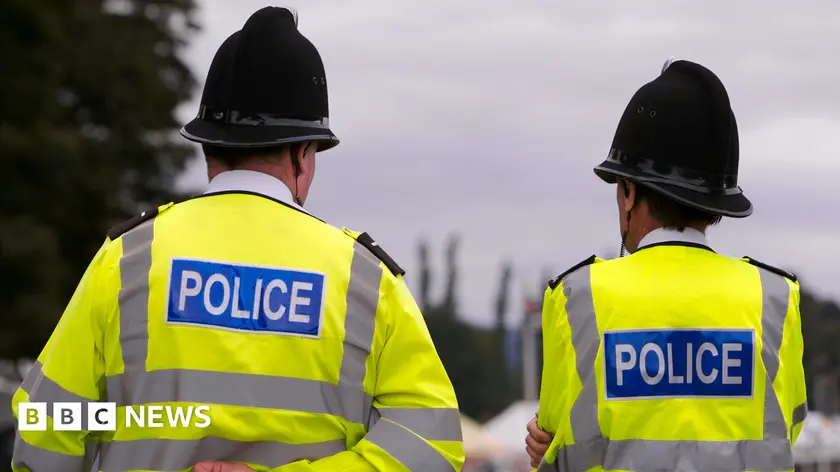
Police set new rules on releasing suspects nationality and ethnicity

Police guidance on ethnicity and migration status
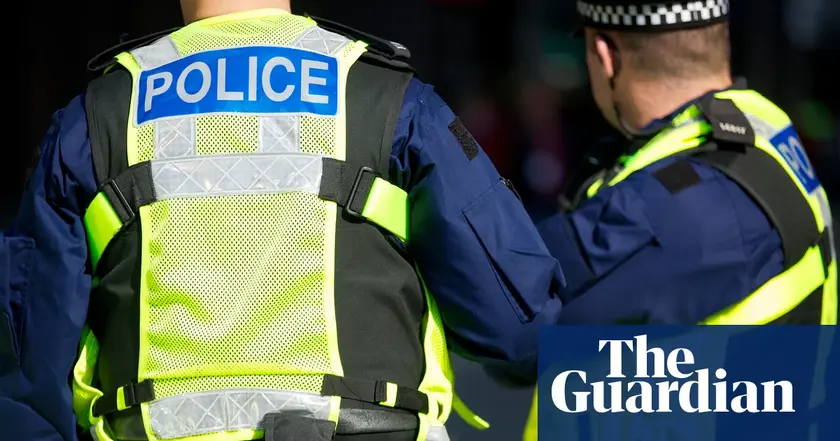
UK police guidelines on suspect ethnicity
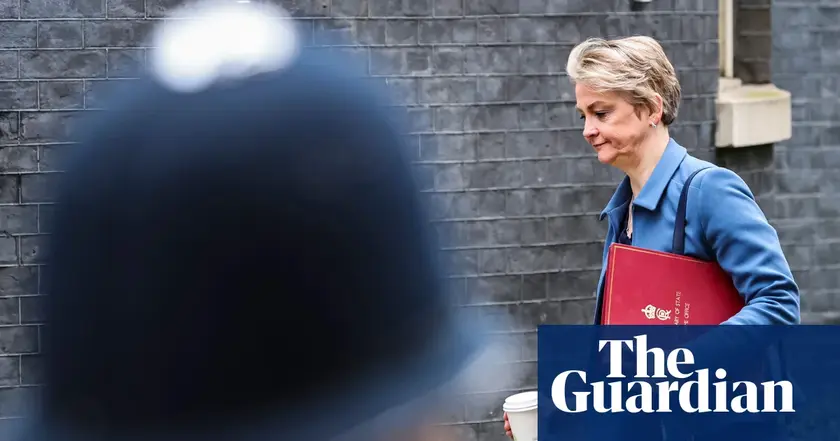
Home secretary proposes changes to police suspect disclosure rules
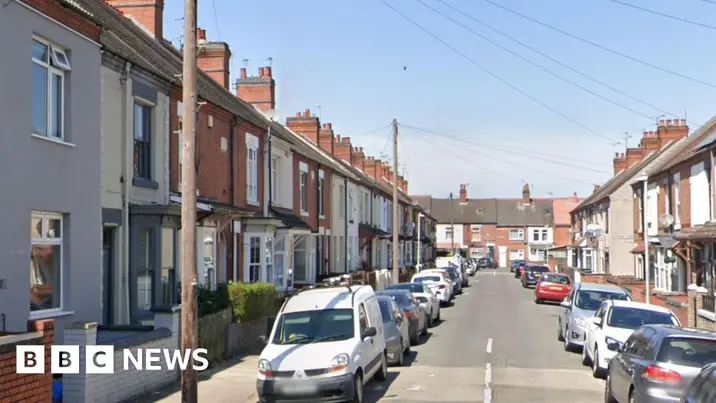
Two men charged over alleged rape of a 12-year-old girl
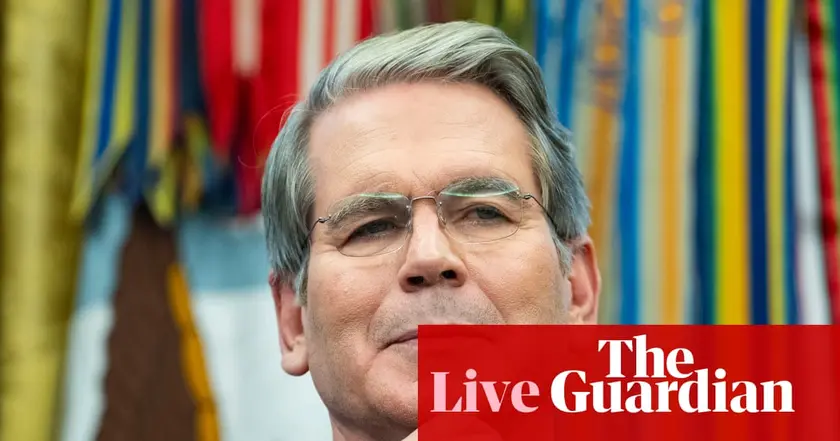
Manufacturing revival linked to new US tariffs announced

Calls for police to release suspects' immigration status grow

Policy on suspect ethnicity under debate
